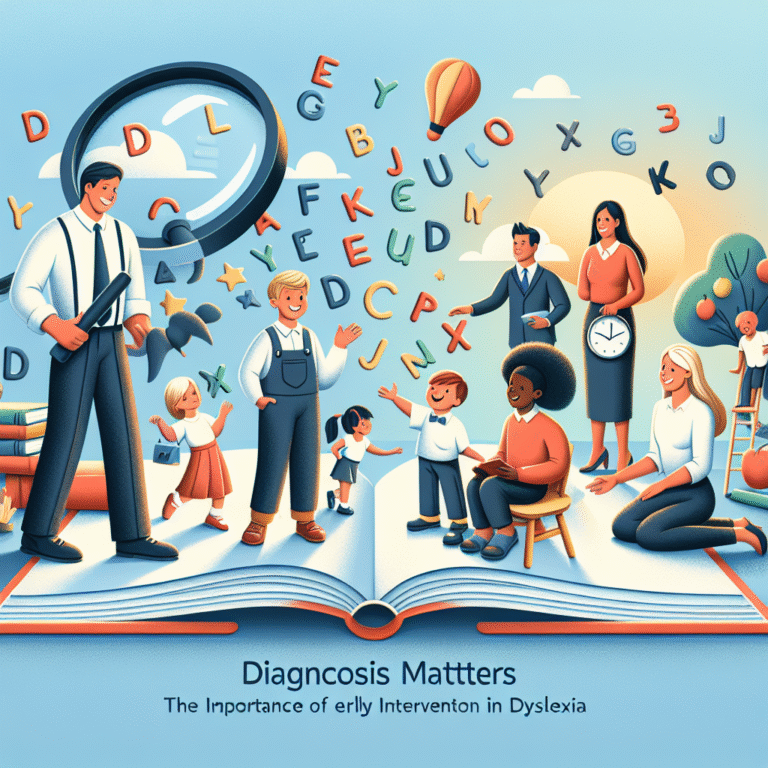
Introduction
In an age where relationships matter more than transactions, the role of emotional intelligence in building lasting partnerships has never been more critical. Whether in business or personal interactions, the ability to understand emotions—both our own and those of others—shapes connections that can flourish over time. With a society that increasingly values genuine relationships, understanding how emotional intelligence (EQ) contributes to successful partnerships can be your ultimate advantage. The essence of long-term collaboration is not just technical skill but is deeply rooted in how well we manage emotions and navigate social complexities.
The Building Blocks of Emotional Intelligence
Emotional intelligence encompasses five key components: self-awareness, self-regulation, motivation, empathy, and social skills. These pillars provide a foundation for nurturing strong partnerships.
1. Self-Awareness
Self-awareness is the ability to recognize and understand your own emotions. This foundational skill allows individuals to:
Identify Strengths and Weaknesses: Understanding personal triggers can help in managing reactions during challenging situations.
- Enhance Communication: Those who know themselves are better equipped to express their feelings and thoughts clearly.
Case Study: The Importance of Self-Awareness in Team Dynamics
Consider a software development team navigating a high-pressure project. Emily, the project manager, practices self-awareness by recognizing her stress triggers. Instead of reacting defensively during tense meetings, she develops coping strategies that decrease her anxiety and fosters a supportive environment, leading to a seamless project execution.
Analysis:
Through self-awareness, Emily enables open dialogue, which helps the team build trust. This trust becomes a cornerstone in developing sustained partnerships, showcasing the essential role of emotional intelligence.
2. Self-Regulation
Self-regulation refers to managing one’s emotions healthily and constructively. This is vital for maintaining harmony in partnerships.
Impulse Control: The ability to pause and think before reacting reduces unproductive conflict.
- Adaptability: Adjusting to changing circumstances without allowing emotions to dictate responses fortifies resilience in relationships.
Case Study: The Sustained Success of a Sales Team
A sales team led by Marcus faced a quarterly slump. Instead of showing frustration, Marcus focused on self-regulation. He held open meetings for team members to express concerns and frustrations, fostering a culture of problem-solving rather than blame.
Analysis:
Through self-regulation, Marcus’s team developed a supportive atmosphere where members felt valued, promoting a sense of belonging and loyalty—key aspects for building lasting partnerships.
3. Motivation
An intrinsic motivation to achieve goals can profoundly impact partnership dynamics.
Positive Attitude: Staying optimistic can inspire and uplift partners.
- Commitment to Personal Growth: Aiming for continuous self-improvement encourages collaboration, which is significant for long-term success.
Case Study: A Partnership’s Ascension in the Tech Startup World
In a tech startup, founders Alex and Jamie exemplified motivation. Their focus on personal development led them to seek mentorship and training, providing their employees with resources to improve skills. This commitment created enthusiasm among the team, resulting in innovative ideas that propelled the company forward.
Analysis:
Alex and Jamie’s motivation cultivated a culture of progress and positivity, which reinforced the strength of their partnerships internally and externally, further emphasizing the role of emotional intelligence in nurturing lasting connections.
4. Empathy
Empathy is the ability to understand and share the feelings of others. This is crucial in any setting where collaboration is essential.
Building Rapport: Empathetic interactions deepen connections by showing others they are valued.
- Conflict Resolution: Understanding varying perspectives leads to more effective resolutions of disputes.
Case Study: Conflict Resolution in a Non-Profit Organization
In a non-profit where diversity of thought was critical, the director Clara used empathy to mediate conflicts arising from differing opinions. By inviting team members to share their perspectives entirely, Clara fostered a culture of inclusiveness, resulting in comprehensive solutions that benefited the organization.
Analysis:
Clara’s empathy allowed for stronger partnerships as members felt heard and respected, demonstrating the profound impact emotional intelligence has in organizational longevity.
5. Social Skills
Strong social skills enhance the ability to manage relationships efficiently. This aspect of emotional intelligence is paramount for partnership-building.
Effective Communication: Clear and effective communication is essential for collaboration.
- Ability to Influence and Lead: Positive social interactions can inspire others and help foster cooperation.
Case Study: Leadership Dynamics in a Corporate Environment
During a major rebranding initiative, marketing lead Jenna utilized her social skills to unite her team and cross-departmental stakeholders. By engaging with individuals at every level, she ensured that everyone felt part of the process, leading to a successful brand launch.
Analysis:
Jenna’s adept social skills transformed potential obstacles into cooperative opportunities. This interaction showcases how emotional intelligence can amplify teamwork and strengthen partnerships.
Practical Strategies for Enhancing Emotional Intelligence
To effectively harness the role of emotional intelligence in building lasting partnerships, here are some practical strategies:
| Strategy | Description |
|---|---|
| Daily Reflection | Set aside time for self-reflection to recognize emotions and responses. |
| Empathetic Listening | Practice active listening without formulating responses while the other person speaks. |
| Feedback Seeking | Regularly ask for feedback on your emotional interactions to improve understanding. |
| Conflict Management Training | Participate in workshops that focus on developing skills for handling conflicts and negotiations. |
| Mindfulness Practices | Engage in mindfulness or meditation to improve self-regulation and emotional responses. |
Conclusion
The role of emotional intelligence in building lasting partnerships cannot be overstated. By cultivating self-awareness, self-regulation, motivation, empathy, and social skills, we can enhance our interactions, both personally and professionally. Investing time in developing these skills is not merely beneficial; it is essential in creating enduring and fruitful relationships. Emotional intelligence serves as the backbone for fostering collaboration, understanding, and mutual respect.
Actionable Takeaway:
Start today by committing to one strategy aimed at enhancing your emotional intelligence. Be it daily reflection or empathetic listening, taking this step could open new doors in both your personal and professional relationships.
FAQs
1. What is emotional intelligence, and why is it essential for partnerships?
Emotional intelligence is the ability to recognize and manage your emotions and the emotions of others. It is essential for partnerships because it fosters understanding, empathy, and clear communication, strengthening relationships.
2. How can I improve my emotional intelligence?
You can improve emotional intelligence through self-reflection, seeking feedback, practicing empathy, and engaging in personal development activities such as workshops or mentorship.
3. Are there specific skills I should focus on to build lasting partnerships?
Key skills include self-awareness, self-regulation, empathy, and effective communication. Focusing on these will significantly enhance your ability to forge meaningful connections.
4. Can emotional intelligence be learned, or is it innate?
Emotional intelligence can be developed over time with practice and dedication. While some individuals may have higher innate abilities, anyone can improve their EQ through learning and experience.
5. What are common signs of low emotional intelligence in a partnership?
Common signs include difficulty managing emotions, a lack of empathy, poor communication skills, and frequent misunderstandings or conflicts. Recognizing these signs can help initiate improvement strategies.
By embracing the role of emotional intelligence in building lasting partnerships, you not only enrich your own relationships but also contribute to creating a more harmonious and productive environment for everyone involved.












